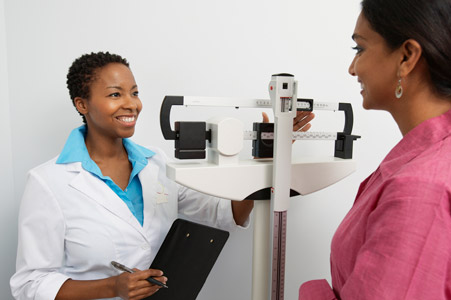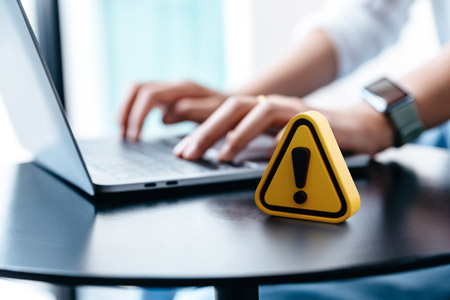


Medication Safety for Children and Seniors
Remaining healthy and happy takes a village — especially for certain groups like children and the elderly. Ensuring medication safety for both children and seniors is a critical aspect of healthcare and it requires special monitoring from caregivers to get right.
These populations are particularly vulnerable to medication errors and adverse drug reactions due to physiological differences and the complexity of their medication regimens.
Let’s dive into some tips for helping senior and youth patients with medication safety.
Safely Handling Medications for Children
Proper Dosage: Children's bodies process medications differently than adults. Always use the correct measuring device provided with the medication. Never estimate doses or use kitchen spoons, which can lead to inaccurate dosing. Your pharmacist can help ensure you have proper measuring instruments on hand.
Storage: Medications should be stored out of reach and sight of children. Even common medications like acetaminophen or ibuprofen can be dangerous if ingested inappropriately. Consider using child-resistant packaging or locked medicine cabinets for added safety.
Label Awareness: Always read the label and understand the active ingredients in your child’s medications. Over-the-counter medications for colds and allergies often contain similar ingredients, which can lead to accidental overdose if combined. If you’re ever unsure if a medication is safe to mix, call your pharmacist for peace of mind.
Education: It’s crucial to teach children about the dangers of taking medicine without adult supervision. Never refer to medicine as candy or a treat to avoid confusion and temptation.
Managing Medications for Elderly Patients
Medication Management: Seniors often take multiple medications concurrently, which can increase the risk of drug interactions and missed doses. Under the supervision and permission of a pharmacist, using a medication organizer or a blister pack can help manage daily doses. Keeping a detailed medication list can also be helpful for healthcare providers or emergency responders.
Clear Communication: Seniors, or their caretakers, should communicate openly with their healthcare providers about all the medications they are taking, including over-the-counter drugs and supplements. This helps prevent dangerous interactions and ensures all medications are necessary.
Regular Reviews: It’s a good idea to periodically review all medications a senior is taking with a healthcare provider to assess their necessity, effectiveness, and potential side effects. As health conditions change, medication or dose needs may also change.
Vision and Dexterity: Ensure medication labels are easy to read and that containers are easy to open, particularly for seniors with vision impairments or arthritis. Large print labels and easy-open caps can help maintain independence and safety. Your pharmacist can help ensure that they’re dispensing senior-friendly labels for you.
Medication safety for children and seniors requires careful attention to dosing, storage, and communication. By implementing these strategies, you can help prevent medication errors and ensure that both the children and seniors in your life remain healthy and safe. Always consult healthcare professionals with any concerns regarding medication management.
The information on this site is for informational purposes only and should not replace direct medical advice, diagnosis, or treatment from your doctor or another qualified healthcare provider.


.jpg)
.jpg)
.jpg)


















.jpg)





















.jpg)








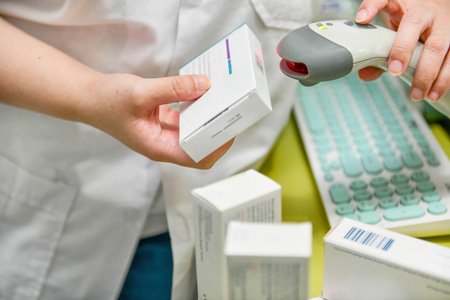





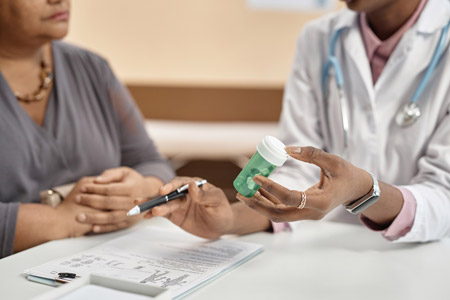

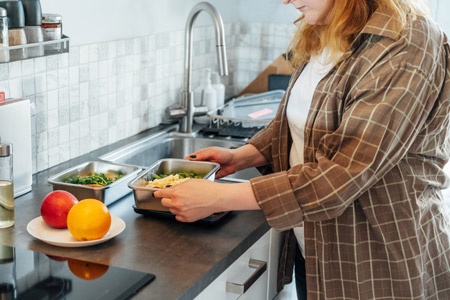
.jpg)
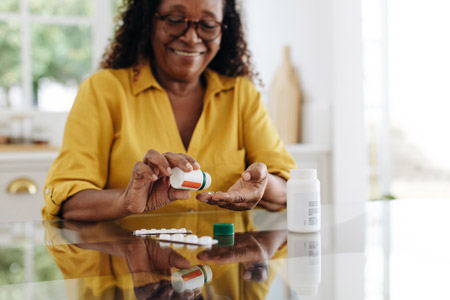

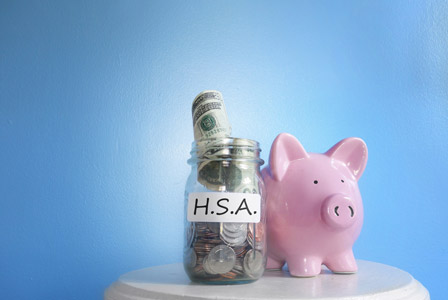



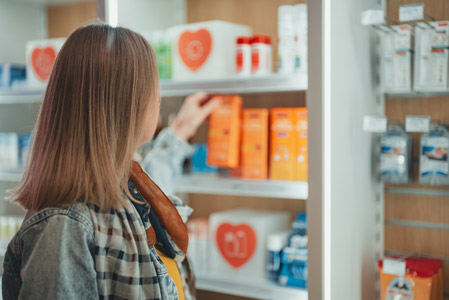





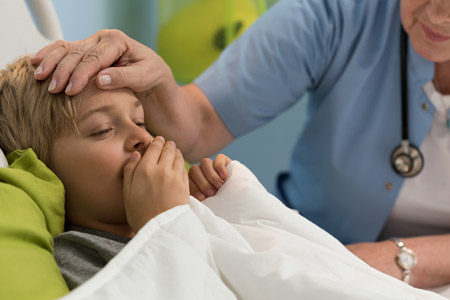





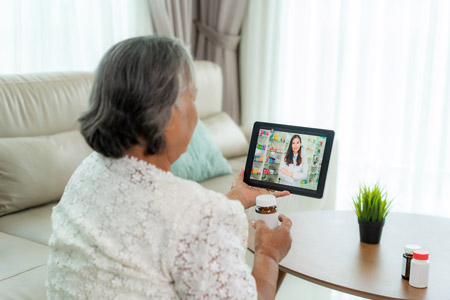




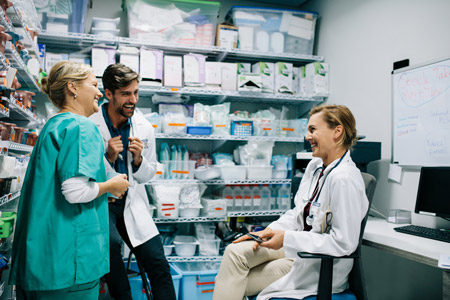

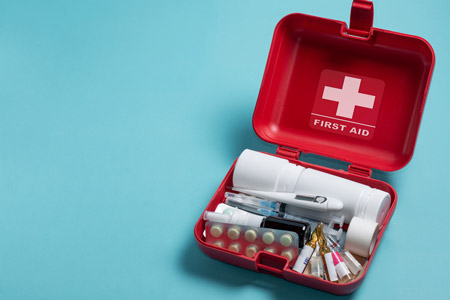
.jpg)
.jpg)
.jpg)


